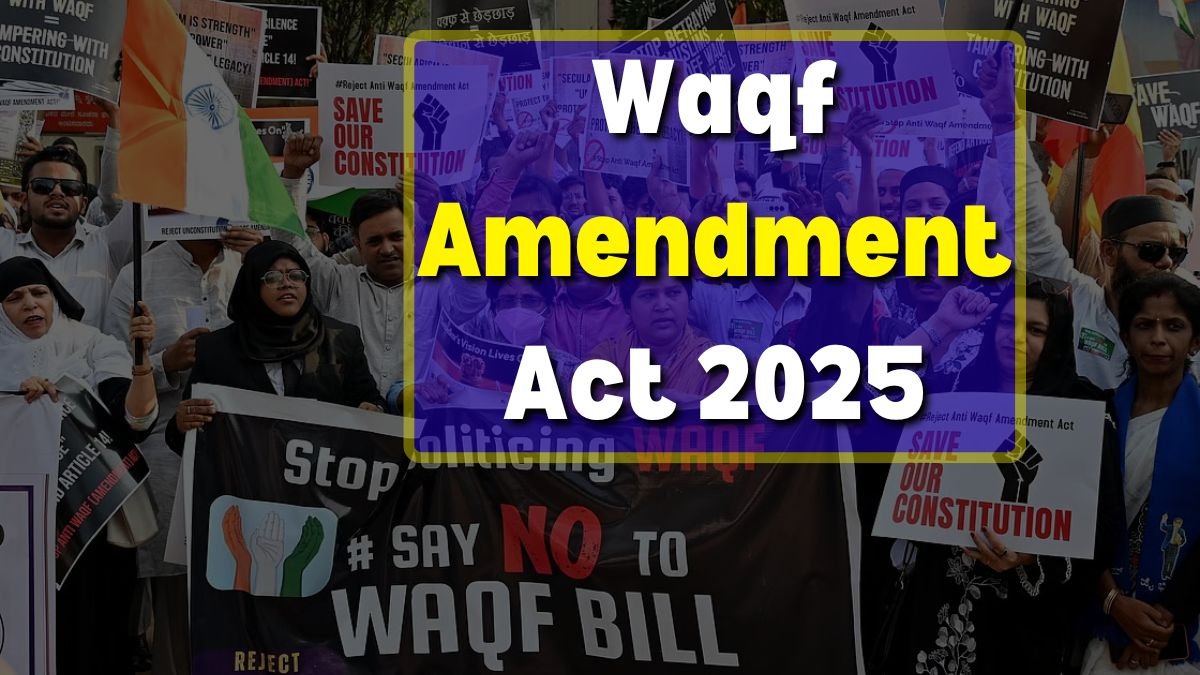The implementation of the Waqf Amendment Act 2025 has sparked nationwide debate, with the Supreme Court now reviewing multiple petitions challenging its validity. As the central government enforces this controversial law through an official gazette notification, political and legal tensions continue to rise.
A New Era for Waqf Management
Effective from April 8, 2025, the Unified Waqf Management, Empowerment, Efficiency, and Development (UMEED) Act, 1995, replaces the previous Waqf Act of 1995. The government claims this amendment will bring transparency, digitization, and better governance to Waqf properties. However, opposition parties and Muslim organizations argue that it infringes upon religious autonomy and constitutional rights.
Parliamentary Approval Amidst Opposition
After intense debates, the Lok Sabha passed the bill in a late-night session on April 3, 2025, followed by the Rajya Sabha on April 4. The final tally stood at 288 votes in favor versus 232 against in the lower house, while the upper house saw 128 supporting and 95 opposing the bill. President Droupadi Murmu granted her assent on April 5, officially enacting the law.
While the BJP-led NDA hailed it as a progressive reform, the INDIA Bloc vehemently opposed it, calling it an unnecessary interference in Muslim religious affairs.
Legal Challenges and the Government’s Preemptive Move
With over 10 petitions already filed in the Supreme Court, including those by prominent bodies like the All India Muslim Personal Law Board (AIMPLB) and Jamiat Ulema-e-Hind, the constitutional validity of the act is under scrutiny.
In a strategic move, the central government filed a caveat in the Supreme Court, ensuring that no ex parte orders are passed without hearing its side. This step highlights the government’s determination to defend the law while maintaining legal fairness.
Key Provisions and Controversies
The amended act introduces several significant changes:
- Inclusion of non-Muslims and women in Waqf Boards.
- Mandatory digitization of Waqf property records.
- Survey rights granted to District Collectors.
- Right to appeal in High Courts against tribunal decisions.
Supporters argue that these measures will prevent mismanagement and corruption, while critics see them as an overreach into Islamic religious endowments.
No Retrospective Effect: A Compromise?
Initially introduced as the Waqf (Amendment) Bill, 2024, the legislation faced such fierce opposition that it was referred to a Joint Parliamentary Committee (JPC). The revised 2025 version incorporated key recommendations, including the crucial provision that the law will not apply retrospectively, meaning it takes effect only from April 8, 2025.


